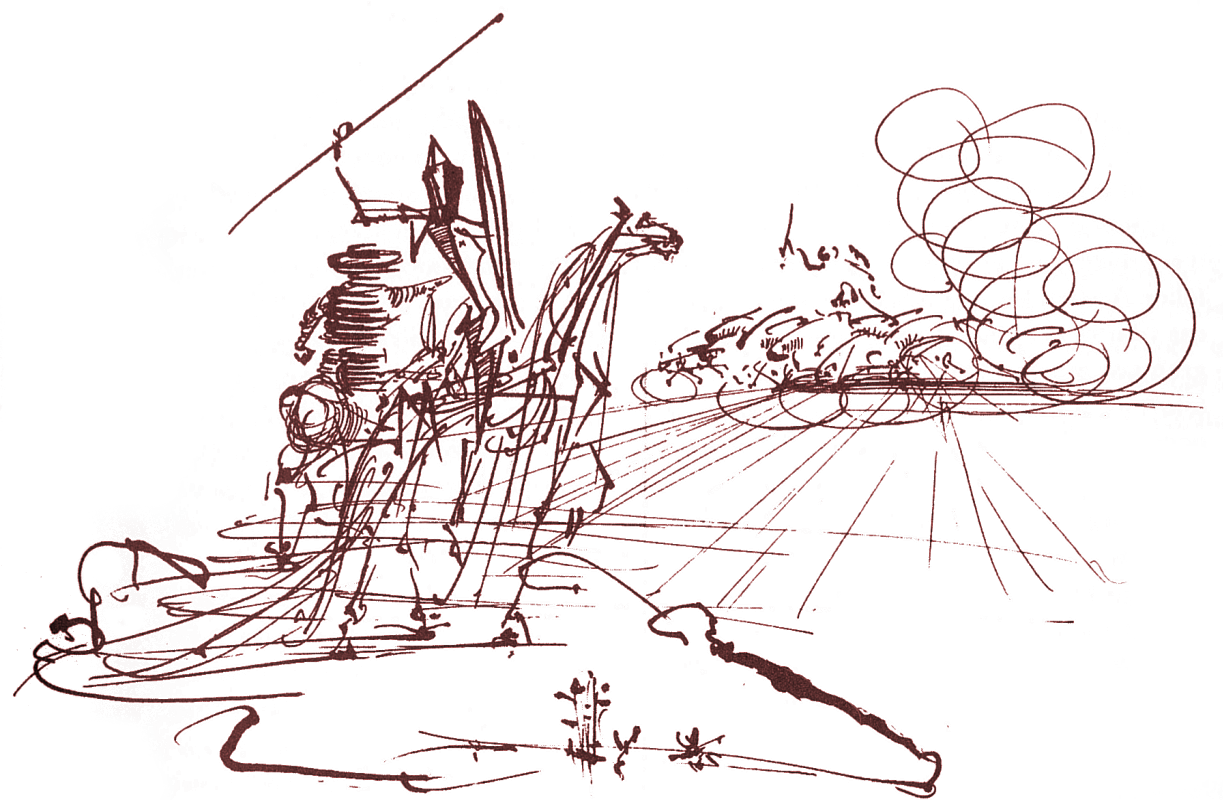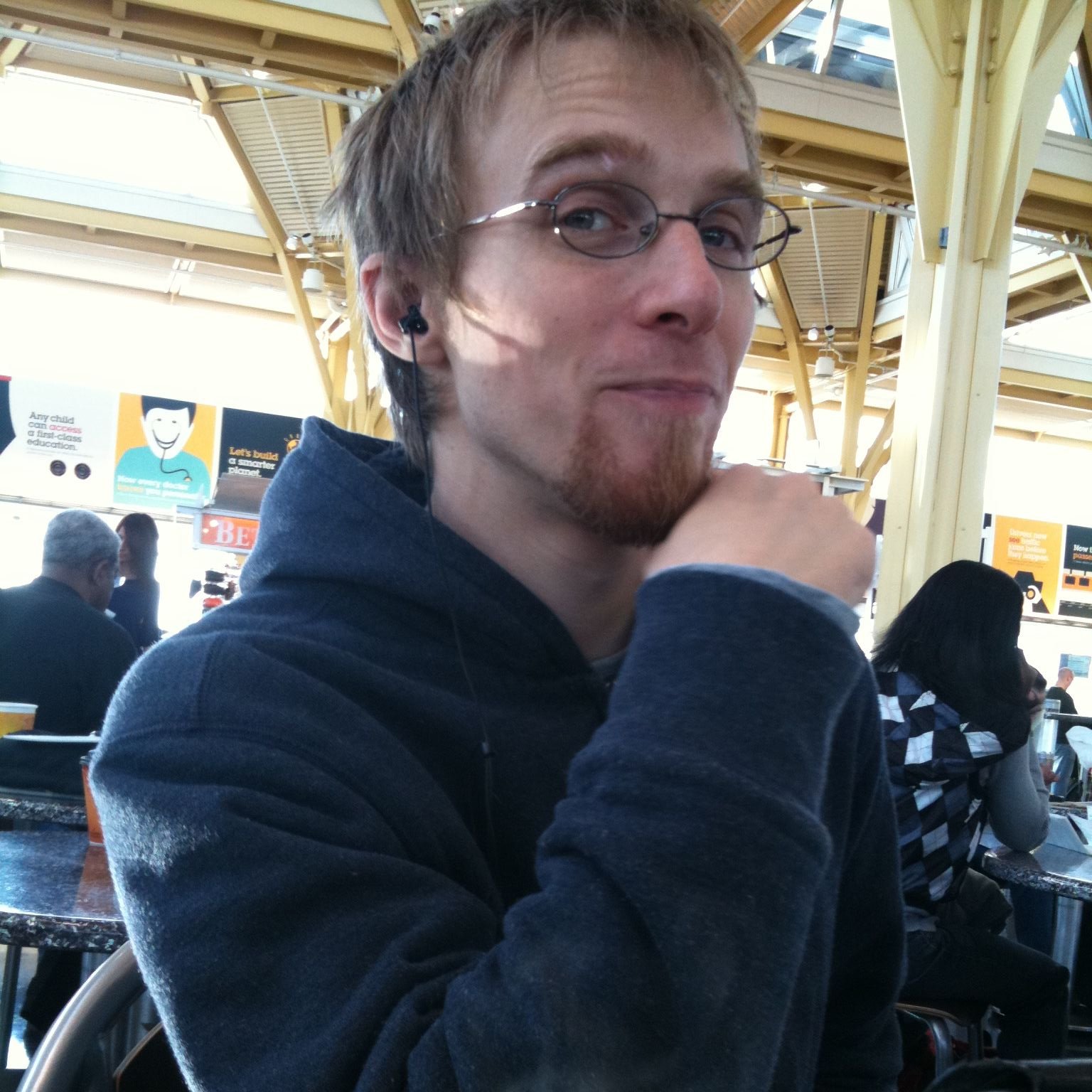The first conclusion is that there is no such thing as a transhistorical or transcultural “religion” that is essentially separate from politics. Religion has a history, and what counts as religion and what does not in any given context depends on different configurations of power and authority. The second conclusion is that the attempt to say that there is a transhistorical and transcultural concept of religion that is separable from secular phenomena is itself part of a particular configuration of power, that of the modern, liberal nation-state as it developed in the West. In this context, religion is constructed as transhistorical, transcultural, essentially interior, and essentially distinct from public, secular rationality. To construe Christianity as a religion, therefore, helps to separate loyalty to God from one’s public loyalty to the nation-state.
[...]
[Because there is not] a clear distinction between what is religious and what is not religious, any argument that religion per se does or does not cause violence becomes hopelessly arbitrary. Why focus our attention, for example, on the violence of Muslim and Christian “fundamentalisms” and not on the monumental horrors wrought by Marxism and nationalism in the twentieth century, if all belong in the extended family of ultimate concerns? One can ignore the latter only by shuffling them off to a peripheral category of secular ideologies whose tendencies to absolutism are thereby minimized.
A focus on "religious violence" diverts attention from colonialist or nationalist violence
Like What You're Reading? Subscribe:
You Might Also Like...
About the Author
Hi. My name is Jeremiah John. I'm a sf/f writer and activist.
I just completed a dystopian science fiction novel. I run a website which I created that connects farms with churches, mosques, and synagogues to buy fresh vegetables directly and distribute them on a sliding scale to those in need.
In 2003, I spent six months in prison for civil disobedience while working to close the School of the Americas, converting to Christianity, as one does, while I was in the clink.


This is a response to the "religion causes violence" argument. Cavanaugh's main point is not that religions don't cause violence, but rather that there is no good way to distinguish religion from, say, a philosophy of manifest destiny, or from Stalinism, or from capitalism.
Thus, the argument that "religion causes violence" draws attention away from some ideological motivators for violence that have been categorized as "secular." And thereby cloaks the violence of states and markets. Which benefits, you guessed it, states and markets.